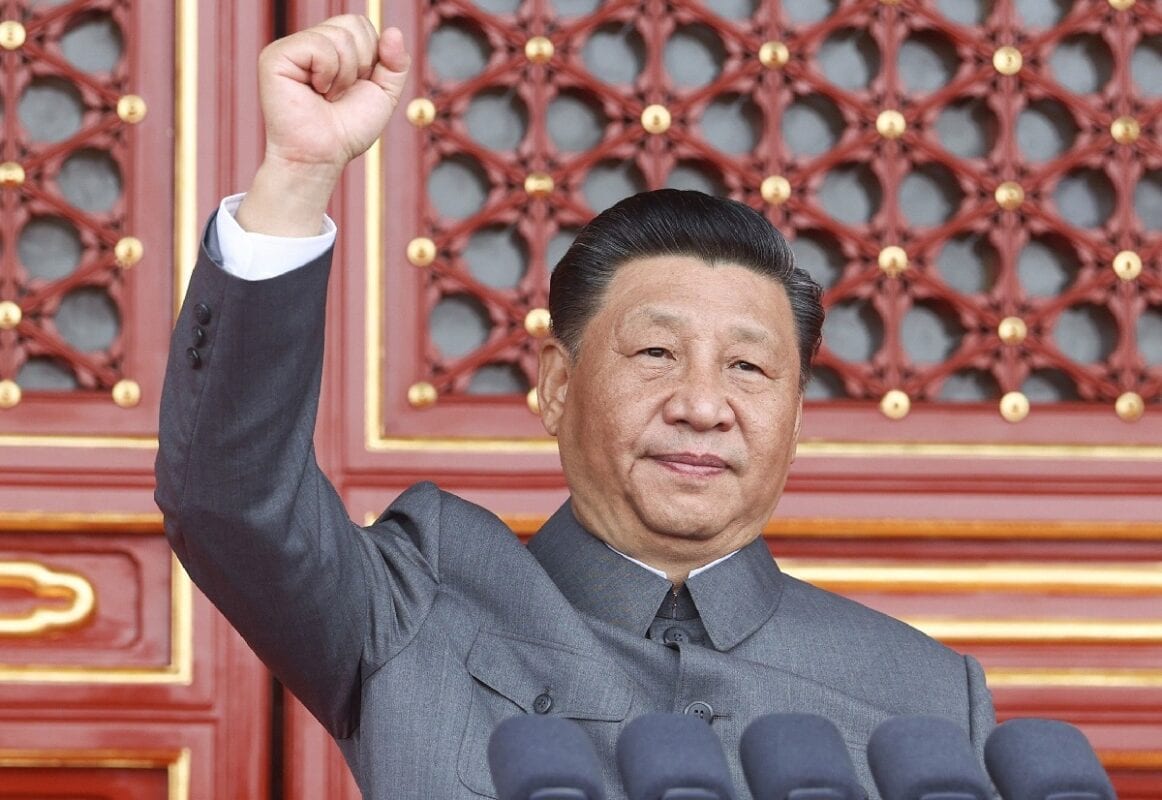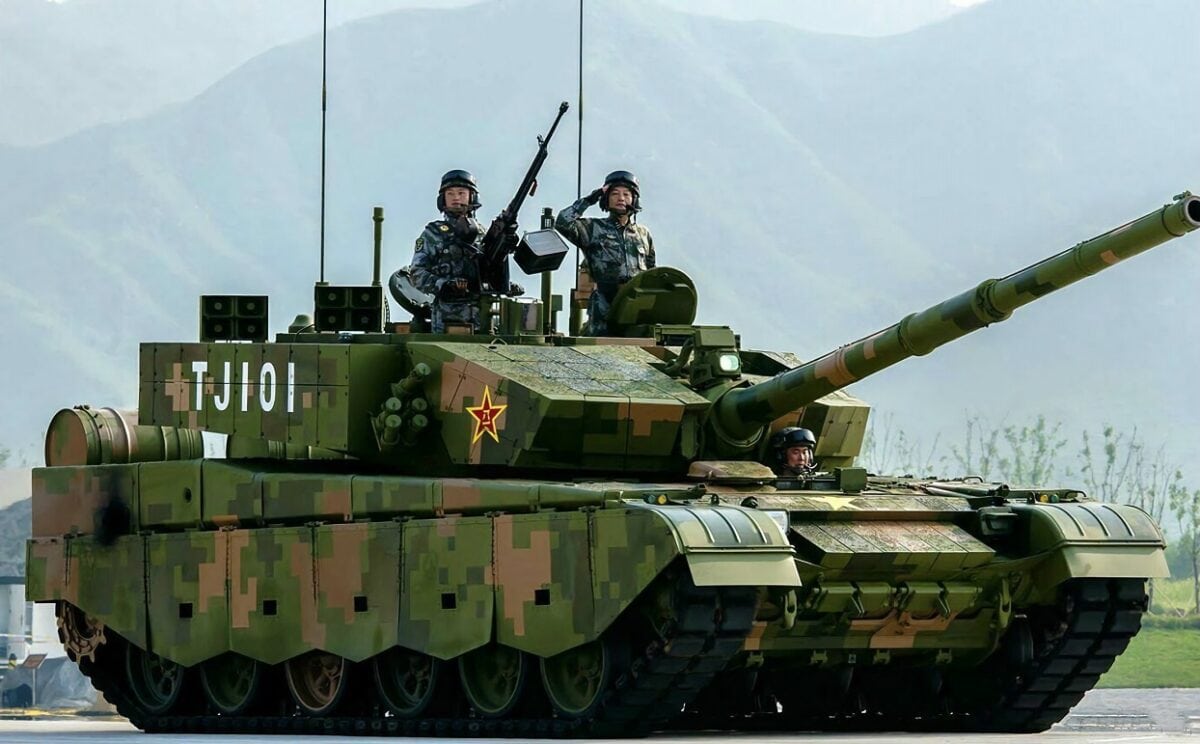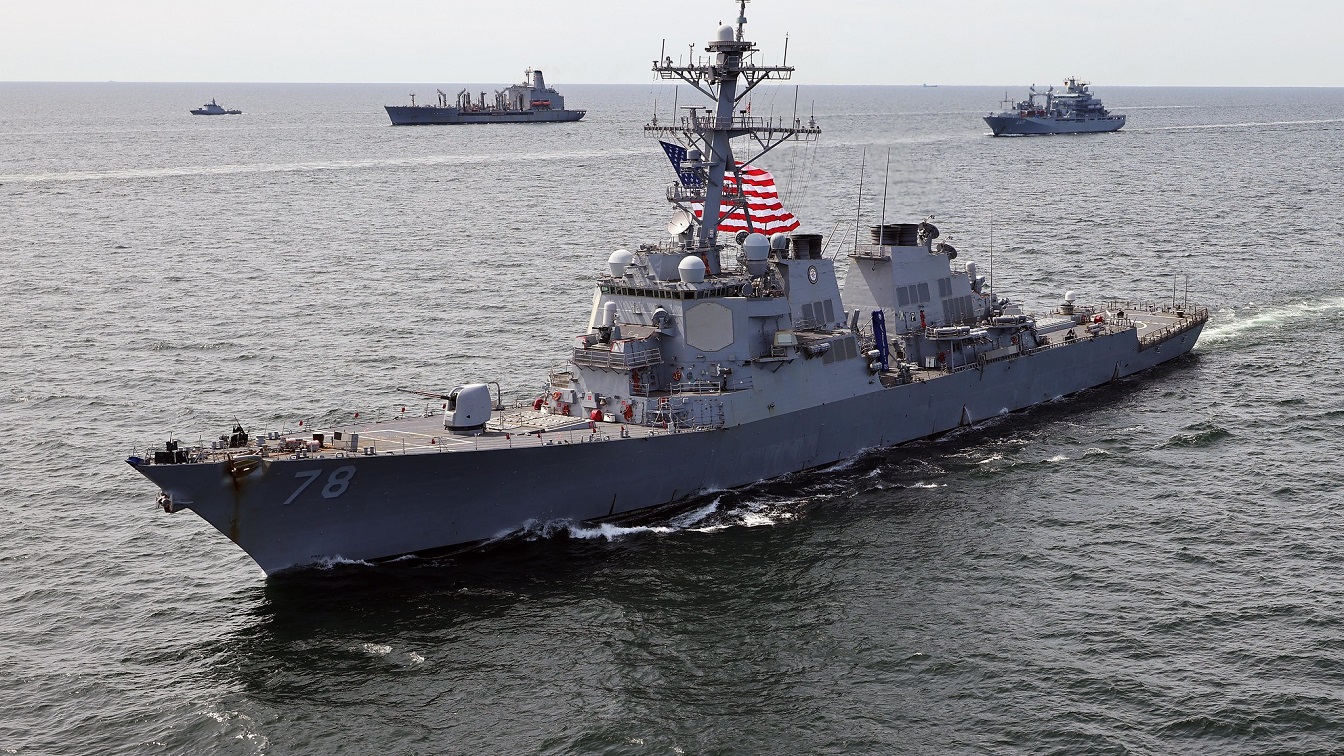U.S.-China Relations After the Pelosi Visit to Taiwan: There should be no doubt that the Communist Chinese leadership of the People’s Republic of China (PRC) is angry at the United States, and especially House Speaker Nancy Pelosi, for her visit to Taiwan. One signal has been the extension of Beijing’s military exercises meant to maintain tension on the island and in the surrounding areas. Another has been the “eight no’s,” marking the cancellation of US-Chinese dialogues, exchanges, and cooperation in key areas.
These “countermeasures” include:
Canceling China-U.S. Theater Commanders Talk.
Canceling China-U.S. Defense Policy Coordination Talks (DPCT).
Canceling China-U.S. Military Maritime Consultative Agreement (MMCA) meetings.
Suspending China-U.S. cooperation on the repatriation of illegal immigrants.
Suspending China-U.S. cooperation on legal assistance in criminal matters.
Suspending China-U.S. cooperation against transnational crimes.
Suspending China-U.S. counternarcotics cooperation.
Suspending China-U.S. talks on climate change.
Many American analysts see the PRC as over-reacting. But for Beijing, Pelosi’s visit was emblematic of all that is going wrong in US-PRC relations.
From the Chinese Communist Party’s (CCP) perspective, the trip was a betrayal of the foundations of the US-China rapprochement. Beijing’s willingness to pursue a more harmonious relationship with the U.S. was grounded, in part, in the idea that Washington accepted that the CCP was the legitimate government over all of China. American hedging—ranging from the formulation of “The US One-China Policy which acknowledges the PRC’s One-China Principle,” to arms sales to Taiwan, to the Taiwan Relations Act—were grudgingly accepted, mainly because China did not have the power to really alter American decisions. But as China’s power has grown, its patience and tolerance of these formulations has clearly dropped. That the United States, with its decline in relative power, still does not align itself with the accepted (by China) order infuriates Beijing.
Equally important, the Chinese truly believe that Taiwan belongs, indeed is part of, China. This is not merely the result of CCP propaganda. Chinese nationalism predates the CCP. Chinese claims to Taiwan are inextricably linked to the exploitation of China by a variety of states (especially Japan) during the 19th and early 20th century. Moreover, whereas Ukraine has been recognized by most nations and is a member of the UN (ironically, even during the Cold War before the breakup of the Soviet Union), Taiwan is recognized by only a handful of states—and the United States is not among them. For the CCP, but also for Chinese nationalists more broadly, American support for Taiwan is seen as a stalking horse for pushing the fragmentation of China.
This deep suspicion of American (and Western) intentions is further colored by the ideological concerns of the Chinese Communist Party. Xi Jinping and other Chinese leaders are concerned not only with attacks on China, but on the CCP, including eroding its legitimacy. They view talk of “peaceful evolution” as simply a kinder, gentler way of discussing the fall of the CCP. Open claims that China’s accession to the World Trade Organization was supposed to lead to political liberalization do little to reassure Chinese leaders that the West is not out to replace them.
Consequently, the CCP leadership believes that it must make clear, to both Taiwan and the United States, that not only will China not surrender its claim to Taiwan, but that American “meddling” will only have negative consequences. This takes on greater urgency when Beijing sees President Biden repeatedly stating that the United States will come to the aid and defense of Taiwan. The presence of the Speaker of the House in Taipei, when she is third in line of succession, only underscores perceived American intentions.
This concern gains further urgency as other groups visit Taiwan, including the Lithuanian Deputy Transport and Communications Minister Agne Vaiciukeviciute, and an American Congressional delegation. For Beijing, Pelosi’s visit raises the specter of a “preference cascade” of states shifting their positions, even minutely, on Taiwan. This is made more likely as the Baltics leave the so-called “seventeen + 1” forum for eastern European cooperation with China.
The Pelosi visit, moreover, occurs at an awkward moment for Xi Jinping. The Chinese leader is preparing to adjourn to the resort of Beidaihe, along with the rest of the Chinese leadership, to engage in the backroom politics that will be ratified at the Party congress later this fall. A variety of issues are likely to be under discussion, including the ongoing COVID crisis in China (and the associated lockdowns that are unpopular and economically disruptive), the economic slowdown, and ongoing internal unhappiness. The Pelosi visit reminds Chinese leaders that the Taiwan issue continues to lurk in the background, with potential, unpredictable American actions that could lead to uncertain consequences.
Moreover, Taiwan continues to play a key role in the global microchip market, eclipsing China. The backwards nature of China’s own microchip capacity has been spotlighted with the apparent detention of a number of senior officials associated with Tsinghua Unigroup. Meanwhile, several officials linked with China’s chip infrastructure investment fund, the China Integrated Circuit Industry Investment Fund, are reportedly also under investigation. China’s apparent inability to make substantial gains in moving up the semiconductor value chain means it will remain heavily dependent on Taiwanese manufacturers for advanced logic chips to power China’s information sector.
It is not China’s anger that should be troubling, however, but China’s response.

Chinese President Xi Jinping.
Western and Soviet leaders throughout the Cold War worried about misperceptions, miscommunications, and inadvertent conflict. Especially after the Cuban Missile Crisis, East-West relations became less tense. While Berlin remained a point of contention, there were far fewer confrontations at Checkpoint Charlie. US and Soviet forces often played “chicken of the sea” with each other in the air and on the ocean, but eventually signed “Incidents at Sea” agreements to reduce the likelihood of collisions and accidents that might spiral out of control. Most important of all, the two sides inaugurated a “hotline” that allowed for communications between the two sides in time of crisis. Even such efforts, however, were no guarantee of misunderstanding, as Soviet responses to NATO’s 1983 “Able Archer” exercise proved.
For both sides, confidence-building measures, exchanges of data, and the creation of communications forums and mechanisms, were in their own self-interest. Recognizing the potential for miscalculation and inadvertent escalation, Soviet (and later Russian) leaders, as well as Western ones saw these systems as helping both sides maintain stability.
By contrast, China’s response to the Pelosi visit included unprecedented missile overflights of Taiwan. Such flights might have gone terribly wrong. Indeed, China’s current heavy booster, the Long March-5B, sends its multi-ton engines into orbit, with no way to predict where they will come down. Some have landed in the waters off the Ivory Coast; it has been fortunate that none have come down on land. Had a missile malfunctioned and landed on Taiwan, the consequences might have been catastrophic. Worryingly, the Chinese may well consider they have established a precedent for future exercises, suggesting that they may conduct overflights again in the future.
As important, Beijing has chosen to suspend a variety of dialogues with the United States. Some, such as climate change, are clearly aimed at the Biden administration’s priorities. Given candidate Biden’s emphasis on climate change as the greatest threat confronting the United States and the regular inclusion of climate change in Xi-Biden dialogues (including the one just before the Pelosi visit), Chinese leaders are correct in thinking this is a potentially powerful pressure point against the Biden administration.
Similarly, given the opioid crisis in the US, and the reality that China is a major source of fentanyl and associated compounds, curtailing discussions in countering narcotics is another strike against a major issue confronting American leaders.
Three of the eight, however, are military dialogues. These include the Military Maritime Consultative Agreement, which is intended to address incidents at sea, as well as defense ministry talks and discussions between respective military theater commanders (INDOPACOM and especially the Eastern War Zone commander). The decision to suspend these talks reflects the CCP view that such interactions, are not of mutual benefit, but are a favor to outsiders. Like Chinese emperors of old, exchanges are not between equals, but a courtesy or indulgence given to reflect favor—or taken away to reflect displeasure.
This should be exceedingly worrying, as the combination of both overflights and reduced interactions creates real potential for greater misunderstanding. Indeed, in both cases, missile overflights and suspension of military dialogues, the Chinese logic is strikingly at odds with Western concepts of crisis stability. The PRC seems to believe that crises are, ultimately, under the control of the participants. That a crisis may take on a momentum of its own, apart from the intended actions of the participants, seems to not be of major concern.

Chinese PLA Tank. Image: Creative Commons.
Indeed, the Chinese appear to almost be exploiting Western concerns with inadvertent escalation and unintended consequences. They seem to have adopted the view that, if their counterparts want more stability and less risk, then they should concede to China. If Taiwan doesn’t want to worry about missile overflights, then it should promptly enter talks about reunification. If the United States doesn’t want to risk inadvertent crises, it should stay out of the western Pacific, halt arms sales to Taiwan, and press Taipei to engage in reunification talks. As the CCP sees it, crisis stability is the problem of the other side.
Dean Cheng brings detailed knowledge and expertise of China’s military and space capabilities to bear as The Heritage Foundation’s senior research fellow on Chinese political and security affairs. A trusted analyst, he specializes in China’s military and foreign policy, in particular its relationship with the rest of Asia and with the United States. Cheng has written extensively on China’s military doctrine, technological implications of its space program and “dual use” issues associated with the communist nation’s industrial and scientific infrastructure. He previously worked for 13 years as a senior analyst, first with Science Applications International Corp. (SAIC), the Fortune 500 specialist in defense and homeland security, and then with the China Studies division of the Center for Naval Analyses, the federally funded research institute. Before entering the private sector, Cheng studied China’s defense-industrial complex for a congressional agency, the Office of Technology Assessment, as an analyst in the International Security and Space Program.

